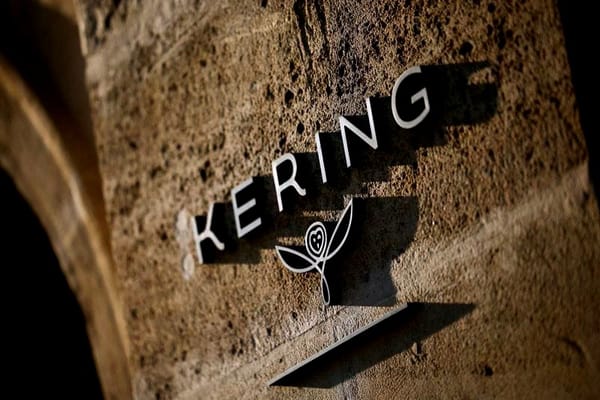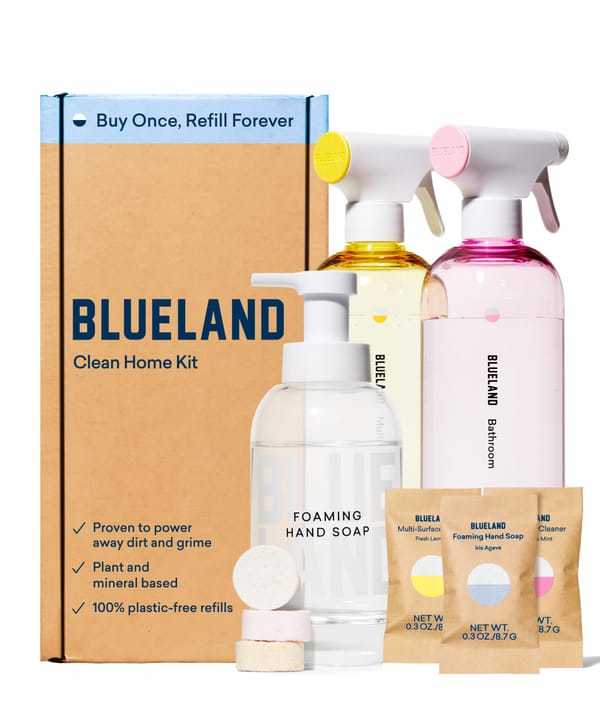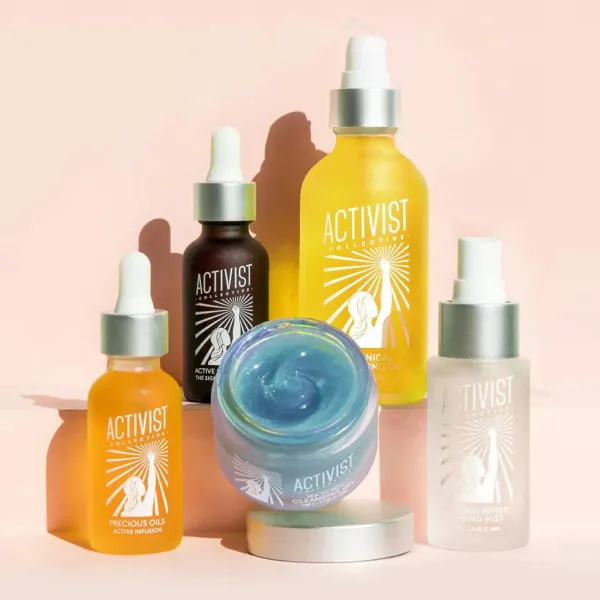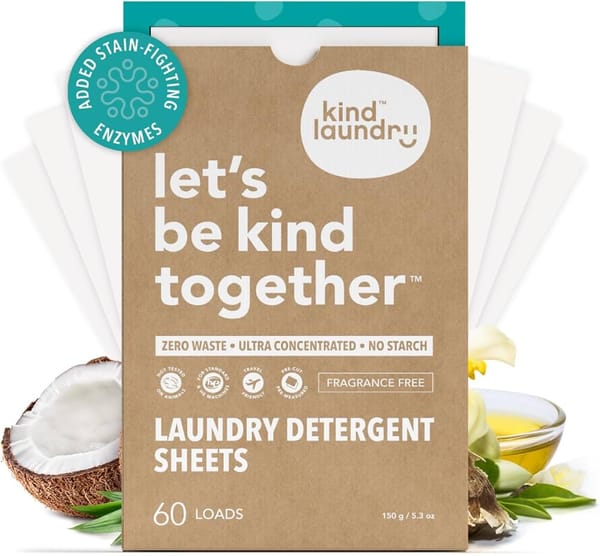5 Budget-Friendly Zero-Waste Kitchen Swaps

The kitchen tends to be a hotspot for household waste, with plastic packaging, cleaning products, and excessive food waste being some of the worst offenders. Did you know that the average household produces nearly 300 pounds of kitchen waste per year? So, if you’re looking for more ways to help lessen your impact on the environment, reducing the amount of kitchen waste you produce is a great place to start.
Transitioning to a zero-waste kitchen doesn’t have to be expensive or overwhelming. Making simple, budget-friendly swaps can significantly reduce waste while saving money and helping the environment. The good news? You don’t need to buy expensive eco-friendly products - many of these swaps can be made with items you already have at home.
Below are five easy zero-waste kitchen swaps that you can start implementing today, along with some recommended brands to shop from if you’re looking to invest in long-lasting, sustainable alternatives.
Swap Paper Towels for Reusable Cloths
Paper towels may seem convenient, but they create a lot of unnecessary waste and can be costly over time. Instead of buying disposable paper towels, try using reusable cloths.
Easy DIY Option: Cut up old t-shirts, towels, or sheets to create your own reusable kitchen cloths. Simply wash and reuse!
Eco-Friendly Brands to Try: If you prefer ready-made options, brands like Marley's Monsters and Etee offer reusable cloth towels that can replace paper towels completely.
Store them in a designated drawer or a basket in your kitchen for easy access and keep a small laundry bin nearby for used ones. Wash them regularly - ideally every two to three days, to maintain hygiene and prevent bacteria build-up.
Did you know? The average household spends over $100 a year on paper towels. Switching to reusable cloths can save you that money while reducing waste!
Repurpose Glass Jars for Storage
Instead of buying plastic storage containers, start repurposing glass jars from pasta sauce, pickles, or jam. These jars are perfect for storing dry goods, homemade sauces, or even leftovers.
Why? Glass is durable, reusable, and free from harmful chemicals found in plastic containers. Plus, repurposing jars helps reduce single-use packaging waste.
Brands to Consider: If you need extra jars or prefer uniformity, brands like Weck Jars and Ball Mason Jars offer sustainable glass storage options.
Label your jars with a chalk marker or reusable stickers to keep your pantry organized.
Swap Plastic Wrap for Beeswax Wraps
Plastic wrap is a common kitchen item, but it’s wasteful and difficult to recycle. A better alternative? Beeswax wraps! They are reusable, washable, and can last for up to a year with proper care.
Easy DIY Option: Make your own beeswax wraps using cotton fabric, beeswax pellets, and an iron.
Eco-Friendly Brands to Try: If DIY isn’t your thing, check out Bee’s Wrap, Abeego, or Etee, which offer high-quality, reusable beeswax wraps.
Warm the wrap with your hands to make it pliable, then mold it around bowls, plates, or food items like cheese and sandwiches.
Common Concern: “Beeswax wraps don’t stick well!” Try pressing them firmly around the container and warming them with your hands for better adhesion.
Make Your Own Cleaning Products
Many store-bought kitchen cleaners come in plastic bottles and contain harsh chemicals. You can make an effective, natural cleaner using just a few simple ingredients.
DIY All-Purpose Cleaner Recipe:
- 1 cup white vinegar
- 1 cup water
- Juice of half a lemon (for a fresh scent)
- A few drops of essential oil (optional)
- Mix in a reusable spray bottle and use as needed!
Eco-Friendly Brands to Try: If you prefer pre-made options, brands like Blueland, Grove Collaborative, and Ecover offer refillable and biodegradable cleaning products.
Use old t-shirts or cloth rags instead of paper towels for wiping surfaces.
Did You Know? Studies show that conventional household cleaners contribute to indoor air pollution. Making your own cleaner reduces exposure to harmful chemicals!
Buy in Bulk to Reduce Packaging Waste
Buying dry goods like rice, beans, nuts, and pasta in bulk can cut down on plastic waste while saving you money. There are many stores now that offer bulk sections where you can fill your own containers.
How to Get Started: Bring your own reusable bags, glass jars, or containers to bulk stores and refill them with pantry staples.
Where to Shop: Check out Whole Foods, Zero Waste Bulk, or local bulk stores near you. If shopping online, Thrive Market offers bulk options with sustainable packaging and delivery.
Keep a small digital scale at home to measure your jars beforehand, so you know how much they weigh when filling them up at the store.
The average household generates about 100 pounds of plastic waste from food packaging alone. Buying in bulk helps cut down on that significantly!
Remember To Start Small
Switching to more sustainable kitchen habits can feel overwhelming at first, and it’s easy to wonder where to start. The key is to begin with just one or two simple swaps—whether it's repurposing jars, making your own cleaner, or ditching paper towels. Over time, these small changes add up to a big impact, reducing waste, saving money, and helping the planet.
The best part? There’s no “perfect” way to do zero-waste living - every swap makes a difference. Which of these swaps are you excited to try first? Or do you have a favourite sustainable kitchen hack?



